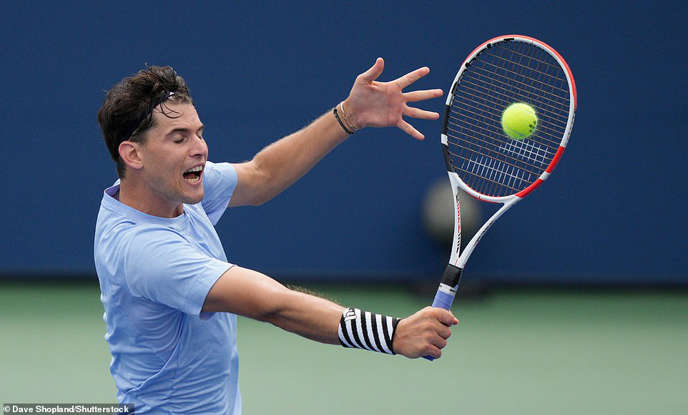For months, the tennis world has simmered with controversy in the wake of two doping cases involving top-ranking players: first, men’s player Jannik Sinner and months later, women’s player Iga Świątek.
And when the World Anti-Doping Agency (WADA) announced on February 15 that Sinner had accepted a three-month ban to settle his case and avoid it going to the Court of Arbitration for Sport (CAS), it thrust the issue back into the spotlight once again, particularly as the ban length means the Italian player won’t miss any grand slam tournaments.
“The anti-doping process is just all over the map, and it’s completely rogue,” Vasek Pospisil – a 2014 Wimbledon men’s doubles champion – told CNN Sport. “There’s absolutely no trust, that’s for sure.”
Pospisil and Novak Djokovic cofounded the Professional Tennis Players Association (PTPA), which acts as a players’ union.
Pospisil and several others say that the saga has exposed the different experiences of the anti-doping system felt by players – where the likes of Sinner and Świątek, who was banned for a month, have escaped with short sanctions and some lesser-known players have been hit with more severe punishments.
“The majority of the players don’t feel that it’s fair,” Djokovic told reporters at the Qatar Open. “The majority of the players feel like there is favoritism happening.”
But, for Marjolaine Viret – an associate professor at the University of Lausanne specializing in health and sport – these accusations of inequality are more “rooted in the legal complexity of the system, and the fact that broader audiences” don’t normally pick up on the differences between the cases.
Doping cases are inherently complicated, full of scientific and legal terms, and often take years to fully resolve as they wind their way through various courts and tribunals. Still, the outcomes in the Sinner and Świątek cases “did not seem particularly special,
Similarly, the fact that these cases were made public “is probably a healthy sign,” especially because they involve top players, said John WilIiam Devine, a senior lecturer in ethics and sport at the University of Swansea.
“You could look at these cases and say the system held in the sense that the tennis authorities … didn’t brush them under the carpet,” he told CNN.
Although the system seems to have held, there is a lingering perception among players that it has failed, revealing their lack of trust in the institutions, highlighting the financial inequalities among individual tennis players and spotlighting the issues with the way the current anti-doping system deals with contamination cases.
Players have directed much of their ire towards the International Tennis Integrity Agency (ITIA) which originally dealt with Sinner’s and Świątek’s cases. The ITIA maintains it approaches every doping case “in the same way, irrespective of a player’s ranking or status,”



